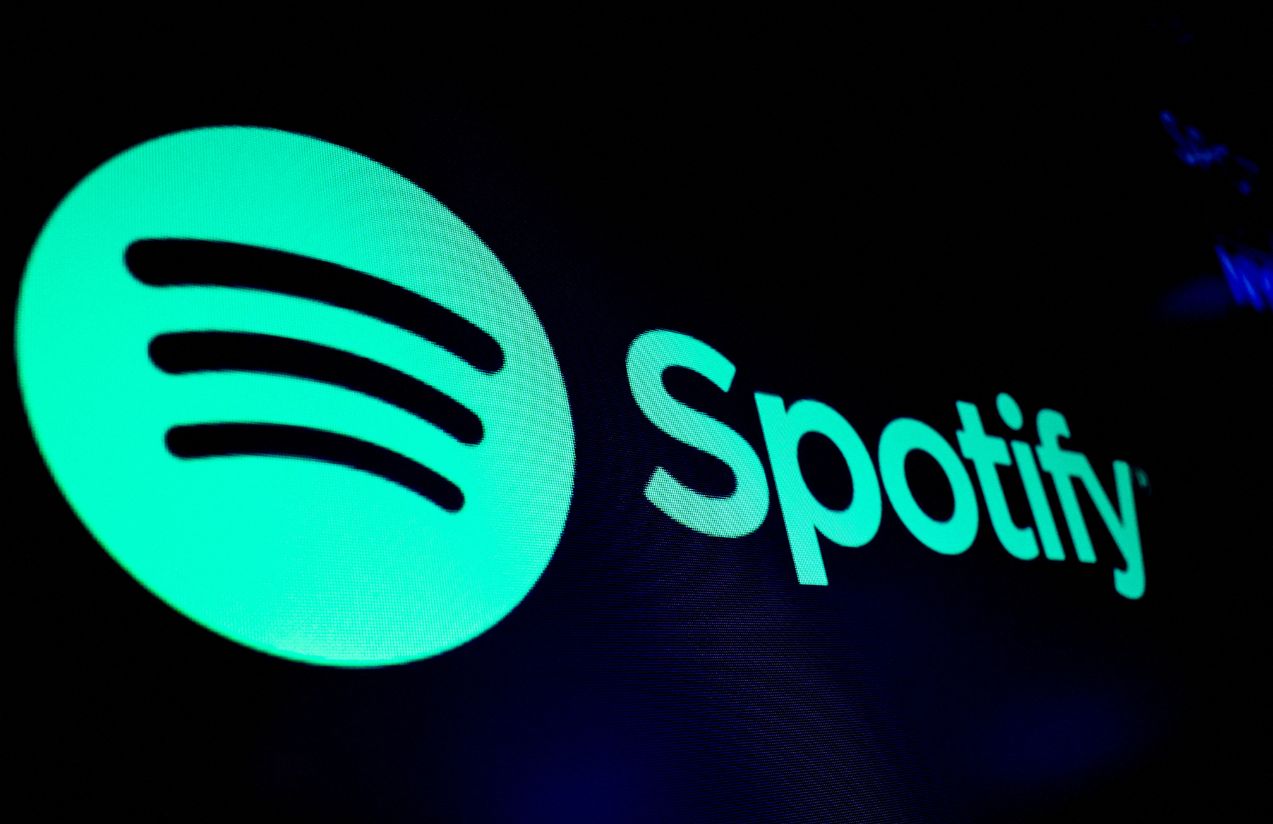If you tried to play your usual playlist this Wednesday and it wouldn’t load, it wasn’t your phone or internet connection. Spotify experienced another worldwide outage that left thousands of users without service across various regions. The streaming platform, typically known for its stability, had already faced a similar incident in September last year, when both its website and player went down for several hours.
According to the website Downdetector, issues began shortly before 3:00 PM (Central European Summer Time). As often happens in such cases, social media platform X quickly filled with posts from users trying to confirm the outage, share their frustration, or simply understand what was going on. Complaints indicated that both the web version and mobile apps were affected.
In the midst of the disruption, an unconfirmed theory about a possible cyberattack began to circulate. The tech account HackManac (@H4ckManac) shared a message allegedly from a group called Dark Storm, claiming responsibility for a Distributed Denial of Service (DDoS) attack. According to the post, the aim wasn’t to steal data, but to overwhelm Spotify’s system with millions of simultaneous connections, blocking legitimate users from accessing the service. These types of attacks can be hired on the dark web and are often used as a form of digital sabotage.
FYI, the hacktivist group “Dark Storm” claims responsibility for the Spotify outage. https://t.co/zOjX4zs3zB pic.twitter.com/DZlBvhLpEA
— HackManac (@H4ckManac) April 16, 2025
The Swedish company was quick to respond. “Reports suggesting a security attack are false,” Spotify stated on its official X account. On its community forum, the company added that its technical team was still investigating the situation and was aware of the issues affecting the platform. However, no further details were provided about the cause of the disruption.
Shortly after 6:00 PM, Spotify confirmed that services were back to normal. “All good now. Thanks for your patience. If you’re still having issues, reach out to @SpotifyCares,” the company posted on its support account. No further explanation was given, and for now, the question of what caused the outage remains unanswered.
While a cyberattack might seem like the most dramatic explanation, there are many other possible causes for an outage of this scale. Human error, routine update failures, or configuration problems that spiral out of control are all common culprits.
Content Delivery Networks (CDNs) and Domain Name System (DNS) services play a key role in ensuring users can access and use platforms like Spotify. When these systems malfunction, it can lead to partial or total service disruptions—apps might not load, music won’t play, or users might be unable to log in at all.
Unexpected spikes in traffic can also bring down a system. If a platform’s infrastructure isn’t ready to handle a sudden influx of simultaneous users, the result can be lag, intermittent errors, or a full-scale crash. Notably, this kind of overload can also be caused intentionally through a DDoS attack, which often leads to confusion when outages like this occur.
For now, Spotify has ruled out malicious intent, but the real cause behind the outage remains unclear.



















